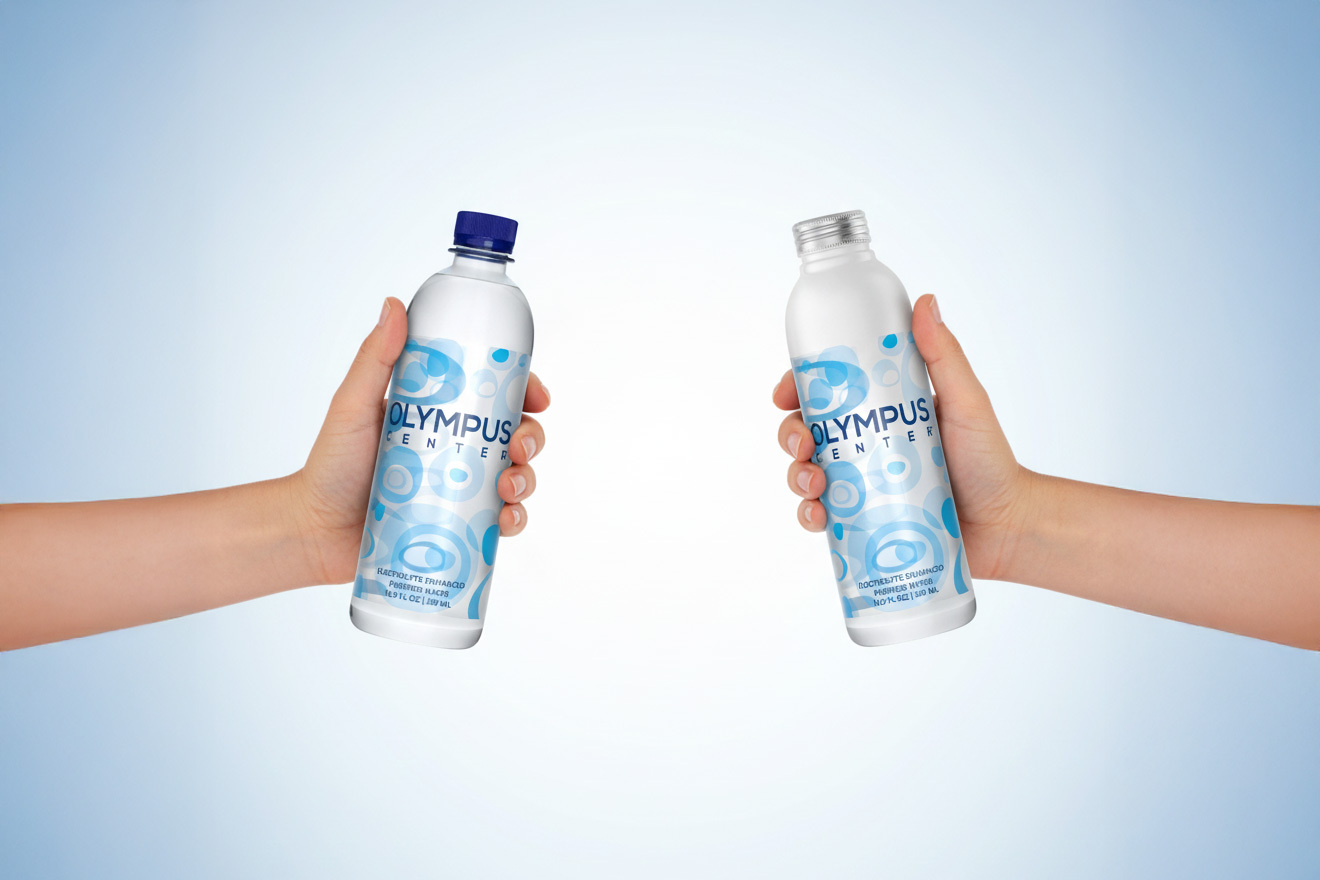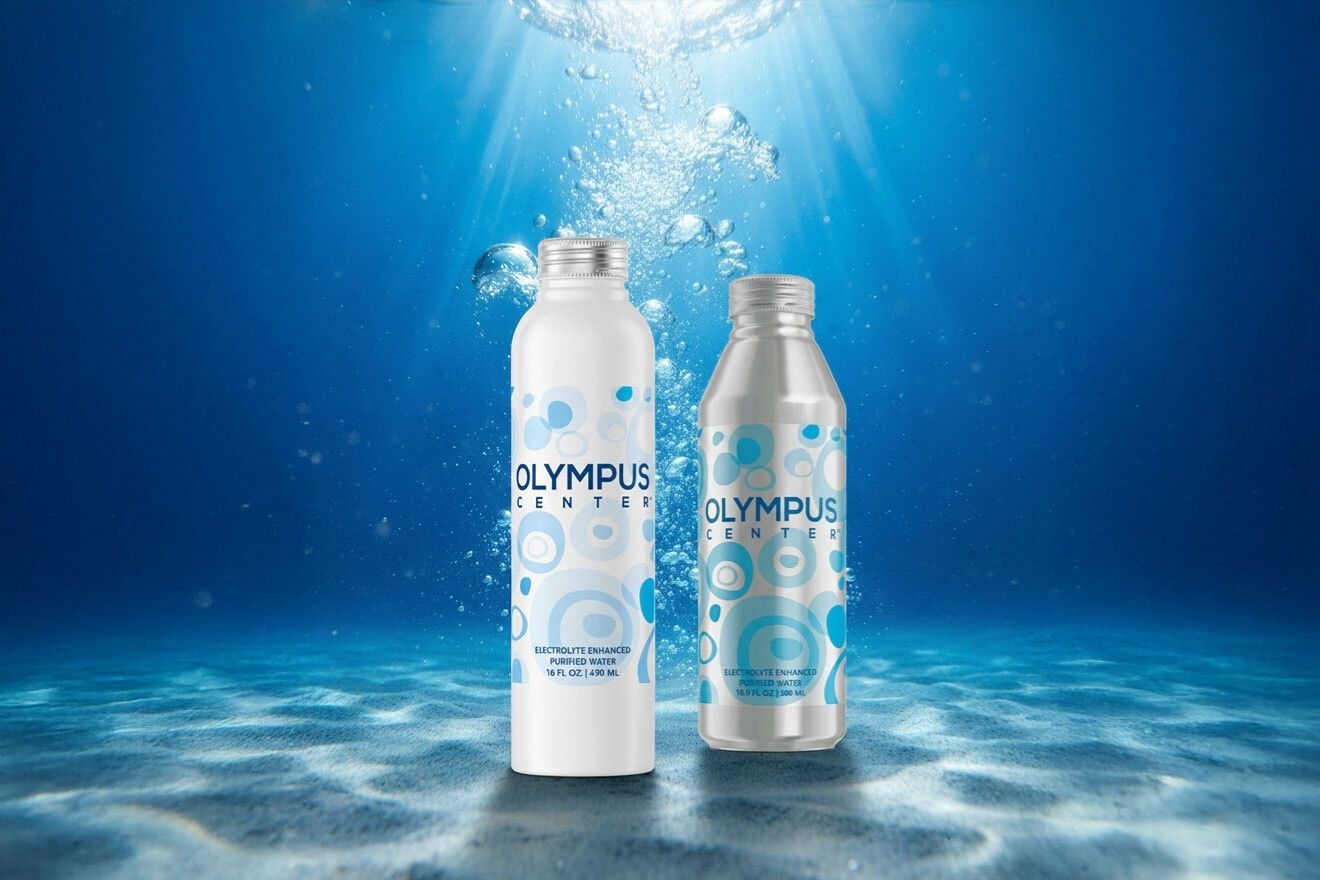Why is Recycling Important for a Business?


The world is changing, and we’re starting to see how our actions are creating a negative impact on the ecosystem. None greater than our business operations, which we have long noted as a catalyst for pollution and the destruction of natural resources.
However, livelihoods and recycling don’t have to be on separate ends of the spectrum. Any environmental activist or organization can show you that any business can integrate sustainability into their companies without destroying the profitability of the industry, or disrupting any part of the supply chain.
What is Recycling?
In this day and age, we need to consider sustainable practices across our companies and workplaces. Recycling is just one of the many ways you can establish sustainable practices around your office.
In recycling, we tend to separate our wastes into two categories: hazardous waste, and non-hazardous waste. There is so much more to recycling than just figuring out which items go into the waste bin, and which into recycling. Even seemingly harmful wastes like fruit and vegetable scraps can actually be recycled into a compost pile.
Recycling is a broad term, and the more we learn the differences of recyclable materials, the closer we get to understanding the importance of recycling, and how it impacts our ecosystem as well as our place of work.
What is Recycling in Business?
Recycling in business merges together employees and work operations with our social responsibility to maintain our environment. Business recycling is not limited to going paperless and removing plastics from the office; though those are good eco-friendly practices to start with.
Business recycling means to lessen both our hazardous waste and non-hazardous waste, as we operate companies with efforts to make recycling a habit. Offices typically use clean waste, like paper, plastics, and metals from staples and devices.
Companies can do recycling in many forms. Some companies encourage recycling through programs such as Crayola’s ColorCycle, which partners with schools to collect used markers to be made into clean-burning fuel. Others, like Crocs, collect used but still fresh shoes from customers, and donates them to people in need.
Creating a recycling program in the office is the key to getting everyone on board with business recycling. The truth to the matter is that most people would be avid about recycling if it were made easier, convenient, and understandable.
Why is Recycling Important for a Business?
Besides the cost savings, companies need to think about the environmental impacts of company operations. We’re heading towards a future where climate change is irreversible, and our waste stream is becoming unmanageable.
Employees may be more worried about their work than recycling, and that is causing a big problem when employees are not encouraged enough to consider recycling in the office. Companies have to be better, and provide their empowered employees with the means and cause to start sustainable practices, with the management becoming an example.
Environmental Aspect - Reducing the Solid Waste Stream
The obvious reason to introduce recycling to employees, the environment plays a big factor in our lives - perhaps even the focus of what it means to exist in the world. We minimize our waste production because we want to build a better world, and ensure that we aren’t becoming the cancer of nature and its resources.
By living sustainably, we are ensuring a world that will stay alive for generations to come, and taking care of the voiceless animals that co-inhabit the world with us. Unfortunately, recycling and sustainable practices are not often looked upon by large corporations, but we are starting to change that perspective.
Companies are now considering eco-friendly alternatives to their products, containers, and packaging, such as glass and aluminum, which are endlessly recyclable, and contain items much better than plastic does. Other companies streamline their recycling collection and transfer stations to lessen the emissions from gathering materials to recycle.
As we educate consumers and companies, we are making a change towards a brighter future - a future we can determine and value as one we would like to leave as a legacy for future generations.
Social Aspect - The Recycling Program
Minimizing our greenhouse gas emissions is a significant portion of our corporate social responsibility. We need to be able to leave a better world for the future generations. Finding success in business doesn’t have to come at the cost of the environment, so establishing sustainable business practices keeps the earth habitable.
Recycling plays a huge part in the social aspect of a company, as we are making a world that is better for everyone. Depending on the recycling program, companies can opt to have donations and charity work that not only ease pollution, but also help provide a means of income for families below the poverty line.
For instance, there is an increasing number of organizations that collect recyclable materials, and turn them into new products that are either made by or donated to those in need. These organizations readily partner with companies as part of their recycling program, and can recycle any material from aluminum, plastic, and even bars of soap!
Cost Aspect - Business Recycling
All types of companies, whether they are large or small businesses, benefit from implementing their own recycling program and sustainable solutions, as these save money in the long run. For one, centralized recycling bins make it easier to collect recycling, so the cost of hiring custodians for the clean up duties is minimized.
Additionally, by managing the waste stream around the office, the company can save on disposal costs of up to 70% in waste collection services. Not only that, companies that implement their own recycling drive program can save up on the cost of raw materials, as recycled materials cost next to nothing to process into new products.
We exemplify the use of recycled materials in our aluminum water bottles, which is made with 100% recycled aluminum. Some materials, like aluminum, is a recycling industry favorite as its purity does not diminish regardless of how many times it was recycled.
The recycling process only takes 5% of the energy needed to mine raw aluminum, and the end result is as good as new! We see that companies can minimize their solid waste production by recycling items such as paper, plastics, and glass.
In the long run, we are not only lessening the trash that ends up in landfills, we are also minimizing costs that we spend on office supplies, raw materials, and hazardous waste that would otherwise pose a danger for the environment.






